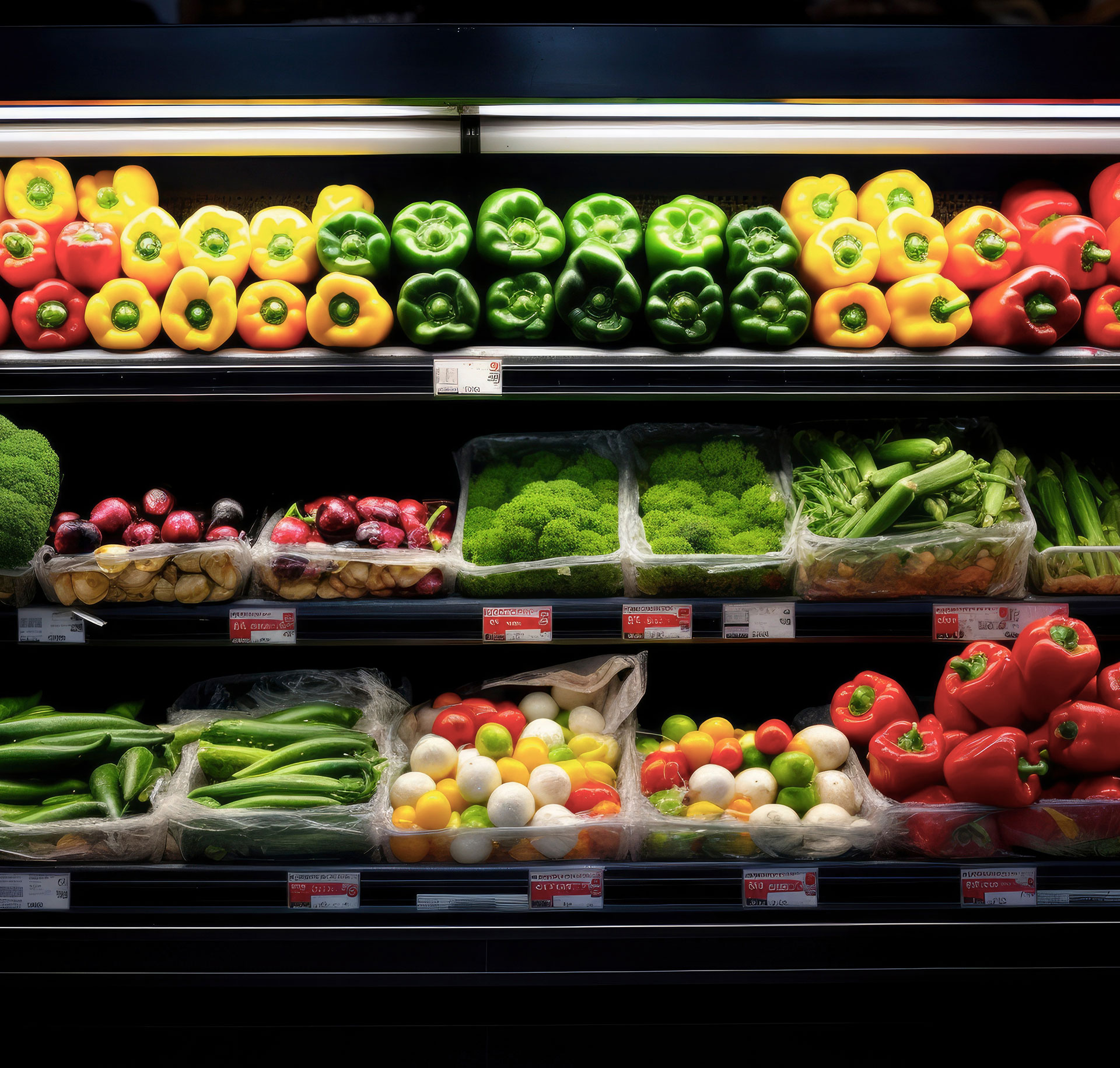With the increasing demand for organic food in Nigeria, there is a growing need for effective storage solutions to ensure the freshness and quality of organic produce. In this blog post, we’ll explore the future of storing organic food in Nigeria and the innovative technologies and practices being developed to meet this demand.
One of the key challenges in storing organic food in Nigeria is maintaining optimal temperature and humidity levels, especially in hot and humid climates. Traditional storage methods may not always suffice, leading to spoilage and food waste. However, advancements in refrigeration technology, such as solar-powered cooling systems and insulated storage facilities, offer promising solutions for preserving organic produce in Nigeria.
Furthermore, the use of natural and eco-friendly packaging materials is gaining traction, reducing plastic waste and minimizing the environmental footprint of organic food storage.
Investments in cold chain infrastructure and logistics are crucial for ensuring that organic produce reaches consumers in optimal condition, minimizing food waste and maximizing availability.
Overall, the future of storing organic food in Nigeria looks promising, with innovative technologies and sustainable practices driving progress towards a healthier and more sustainable food system for all Nigerians.





